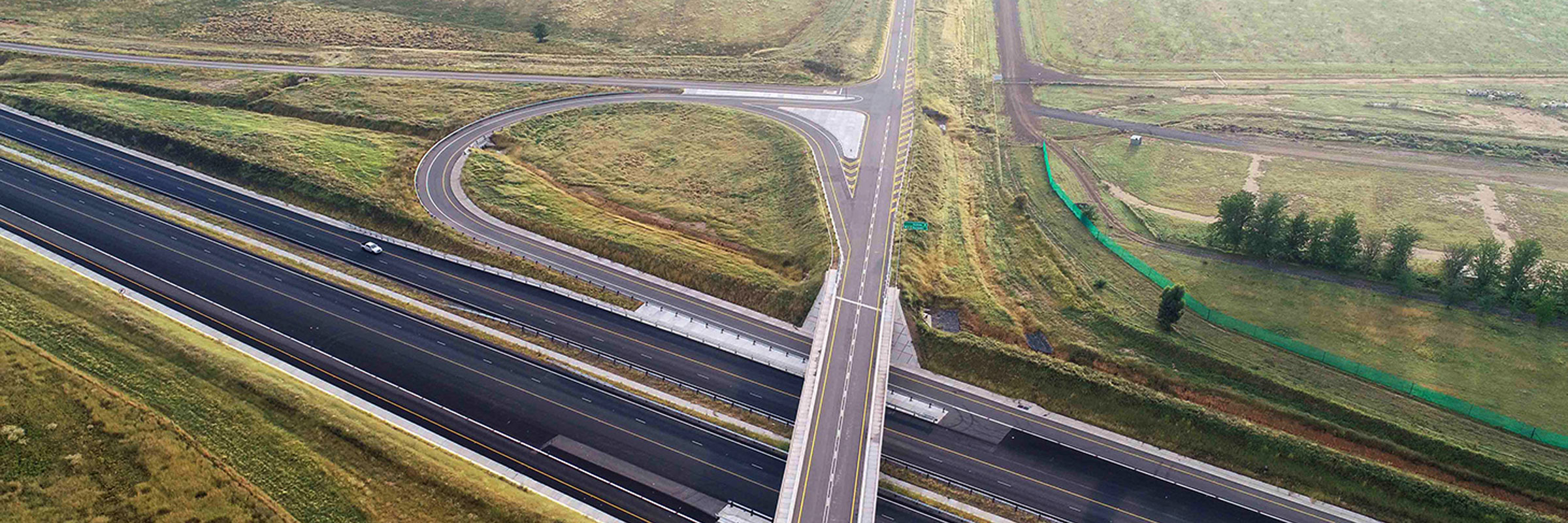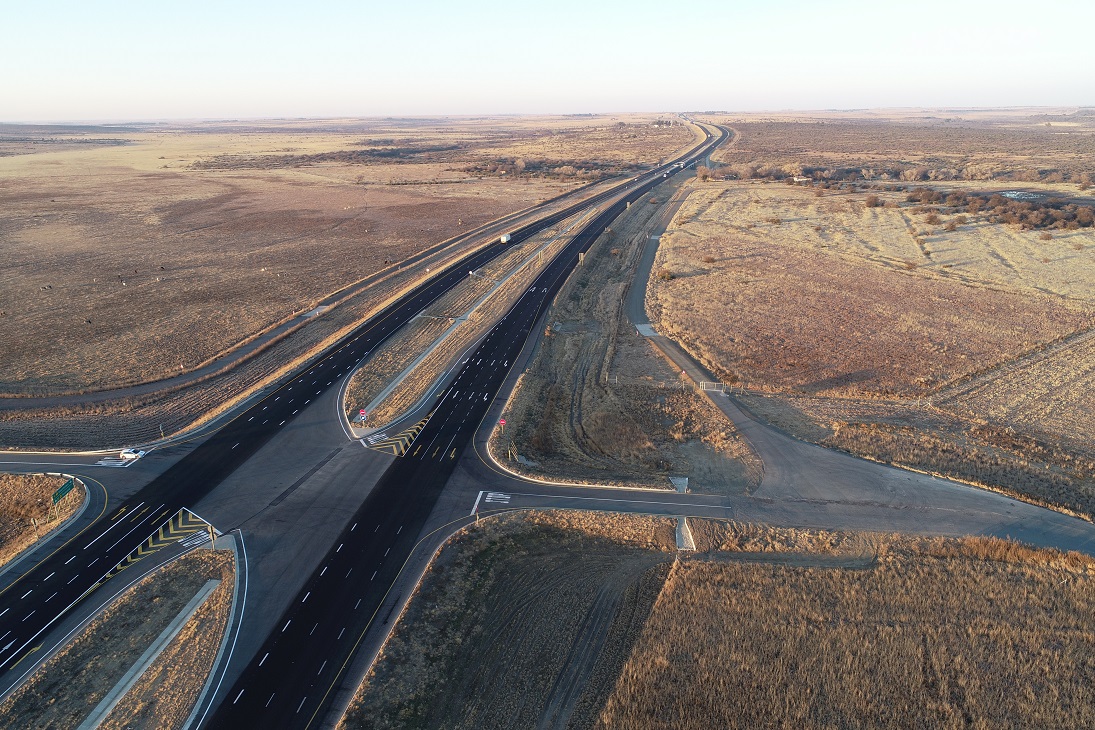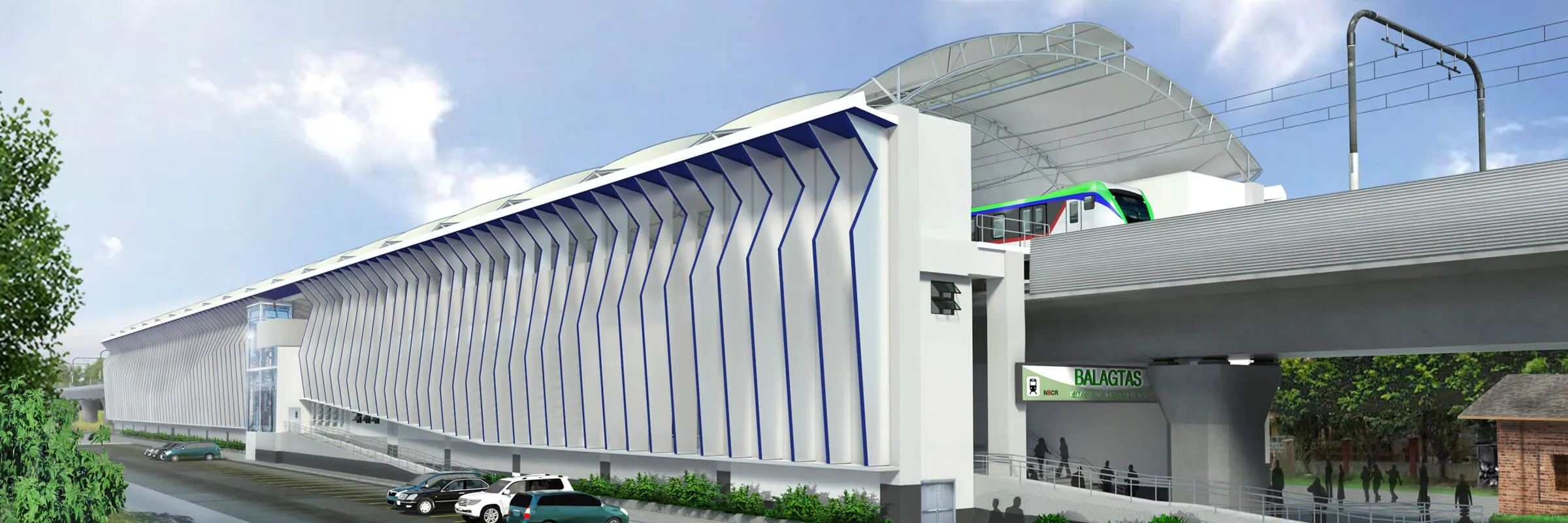
Challenging existing parameters
SMEC South Africa was engaged by the South African National Roads Agency Ltd. (SANRAL) to provide full design, contract documentation and construction supervision services on this major project.
One of the key challenges was ensuring ongoing access to the N1. While the road was being upgraded to a new dual carriageway freeway, it was essential to allow an uninterrupted flow of at least one traffic lane in each direction. Another difficulty was that the road covers areas of highly expansive clays which are problematic for longevity, as well as costly and time-consuming to excavate and remove.
Aiming to push the boundaries of technical excellence, our teams set a design priority to make the project as environmentally friendly and sustainable as possible. A target was set to recycle at least 40% of the existing asphalt surfacing into the new asphalt layers, an engineering challenge which goes well beyond the industry norm of 20%.
Experience where it counts
“SMEC has delivered detailed designs and construction supervision for hundreds of major roads and highways projects globally, including extensive experience in all aspects of road design in South Africa. This local experience along with a genuine understanding of the long-term needs of the transport industry enabled us to deliver a quality project once again,” said Andre Jordaan, Function Manager Construction and Pavements, SMEC South Africa.
The N1 project involved rehabilitating the existing Kroonstad bypass and upgrading the single rural carriageway between Ventersburg and Kroonstad to a new dual carriageway freeway, as well as constructing seven bridges, and numerous smaller structures. With the route carrying an average of 1,500 trucks a day, careful planning and temporary diversions were employed to alleviate traffic congestion and delays.
The asphalt recycling target, while extremely challenging from a technical standpoint, was met by employing very strict quality control and continuous testing, and by using industry leading experts to evaluate the asphalt designs. The result meant a saving of 3,000 tonnes of bitumen and 64,000 tonnes of aggregate that did not have to be extracted from crude oil or mined. Not only did this reduce pollution, it also saved energy and scarce resources.
Partnering with the local community
A major aim of the project was to extend its economic opportunities to the surrounding communities by utilising local labour and resources. Local workers were trained and hired, and a joint venture partnership with an emerging engineering company was established for part of the project. We also engaged 14 engineering students on a 12-month rotation, providing invaluable experiential training and on-the-job insight.
“The utilisation of local resources kept money within the local communities, whether through training and subsequent employment, or spending with local suppliers. This is always a key consideration and major objective on our projects,” says Andre.




The outcomes
South African communities can now travel much more comfortably and safely along the N1 from Ventersburg to north of Kroonstad. The project also eased congestion and the running costs of freight transport between Cape Town and the industrial centre of South Africa, Johannesburg, which was one of SANRAL’s goals in implementing this project.
“I’m proud of how we were able to achieve strong outcomes across not only the technical deliverables but also in community development, sustainability and job creation, “says Andre. “To me, this is credit to the collective knowledge and expertise of our highly skilled and experienced teams. The seven senior members of the construction supervisory team, for example, had an average of more than 40 years’ experience per person. Their specialist expertise was key to achieving outstanding results for our client and the community.”




